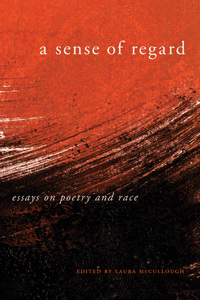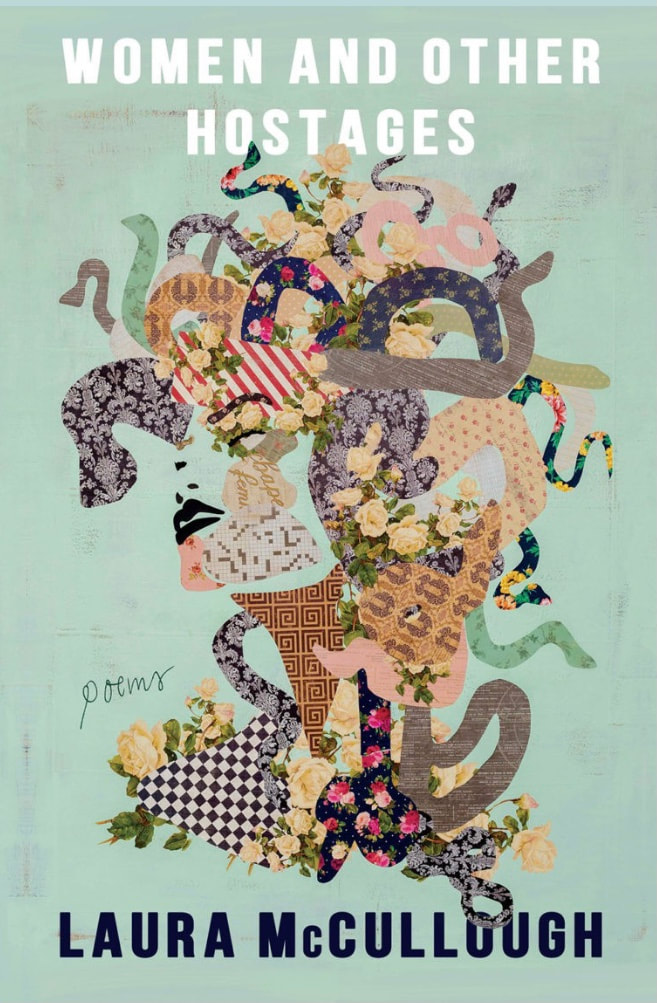LAURA MCCULLOUGH
 Excerpt of his essay: The accepted contemporary subtexts of American literary whiteness include the whole long shadow of American racial injustice, first, of slavery, and secondly, of ongoing economic and social inequality—haunting realities. We stand indefinitely, and anxiously, in their shadows. Another part of the shadow is ongoing white privilege, and the natural instinct to retain advantage. Take myself as an example. On the one hand, I'll acknowledge my privilege readily; on the other hand, I hope not to be inconvenienced. Secretly too, my ego will privately continue to believe that whatever success I have experienced has been legitimate, is appropriate, and has been earned by my individual talent and hard work. These are called subtexts for a reason; I will never say this openly, because of the hazard that accompanies frank expression in the public forum on the topic of race. The topic itself, everyone knows, has become the territorial property of persons of color. Thus, the frank, exploratory, spontaneous speech that our shared reality requires can easily end in blame or disgrace. Thus I won't ever disagree, openly, with the consensual liberal parameters of the racial conversation. I will be a yes-person. Occasionally, in a marginal way, among my liberal white friends, I will ironically acknowledge that the machinery of affirmative action is at work in the cultureplace. This calculation of equity (counting heads) is the price of repairing history. I consent to the machinery, and, though I would personally prefer not to pay the disadvantageous price of it—oh well, it's not about me. My main public obligation is to appear unconflicted. Whether I feel good about it or not, to be conflicted about race would, in itself, be an admission of confusion about these labyrinthine American matters. Confusion is suspect. The gap between these two unconscious positions—the position of historical plaintiff, played that evening by Alexander, and the position of uneasy, but secure self-righteous possessors of privilege, played by myself—is substantial, and, so far, mostly unbridged. Both positions seem a little petrified or fossilized. Our consensual silence—the particular silence of white liberals—on the subject of race is, paradoxically, ultimately an obstacle to acknowledging the present and moving into the future. It's not hard to see that we—both white and black poets—are still breathing through straws. Brothers and sisters—am I allowed to say that?—we are haunted. One question is: can a conscious poetry help bridge it? To read Tony's essay and his answer to that question, and to read all the others, you can get the anthology here.
0 Comments
Leave a Reply.Archives
October 2023
Categories
All
|

 RSS Feed
RSS Feed
